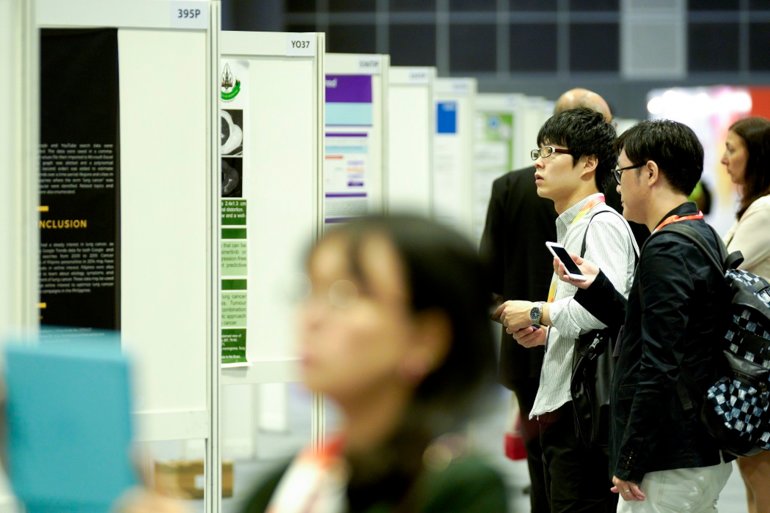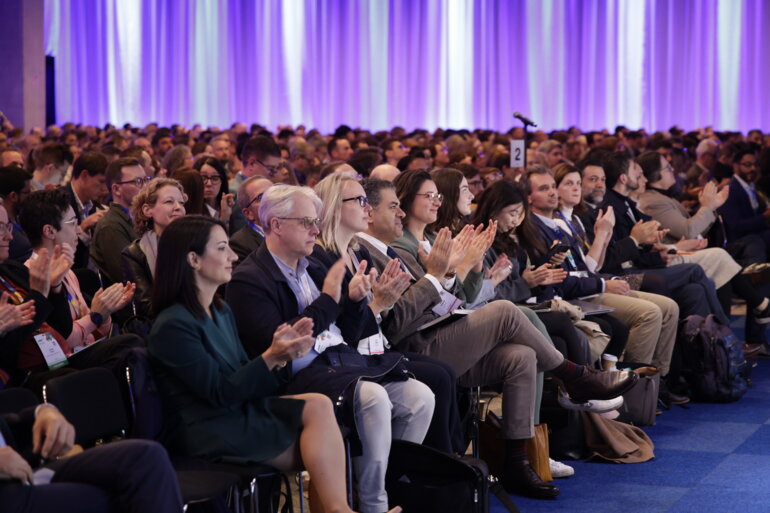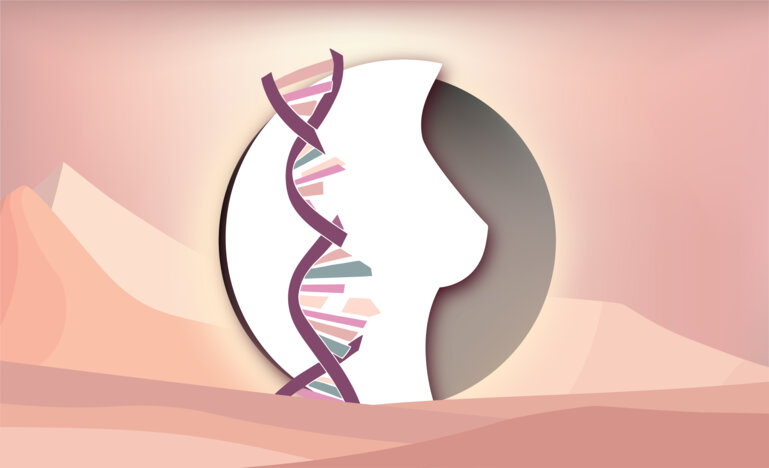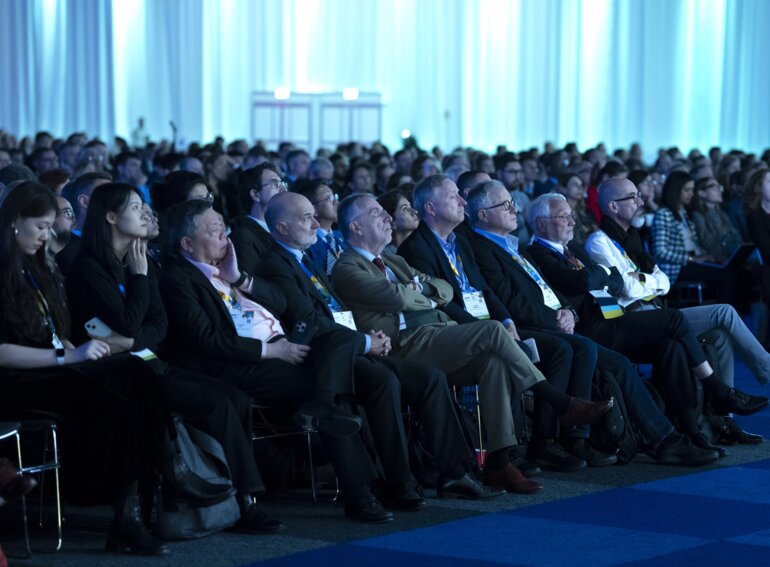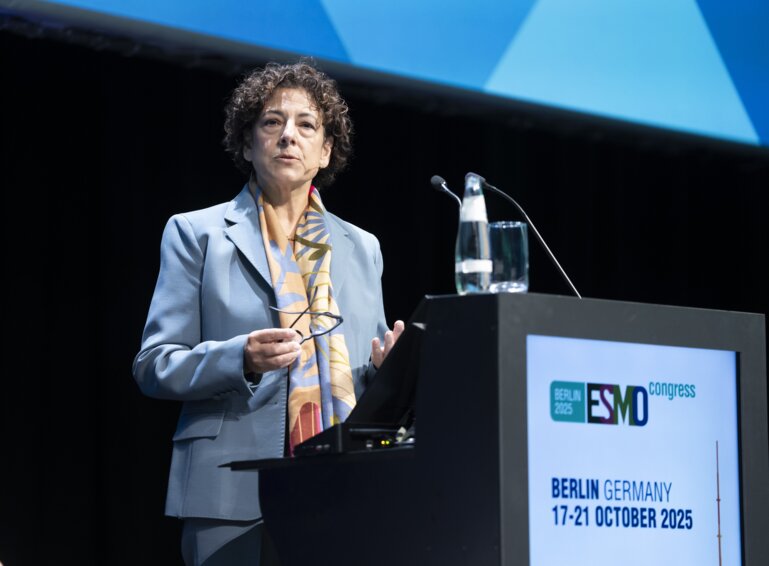Cost, limited drug availability and lack of diagnostic testing facilities are hurdles to adopting practice-changing recommendations in some Asian countries
As discussed at the ESMO Asia Highlights of the Year on breast cancer during the ESMO Asia Virtual Oncology Week 2021, trials that change practice in Asia may be different from the trials that change practice in Western countries. The major hurdle is not the science, but whether local healthcare systems can adopt new treatments based on the limitations of infrastructure and finances, according to Dr Mostafa Aziz Sumon from the Kurmitola General Hospital, Dhaka, Bangladesh, who gave a lecture on how recent advances in the management of breast cancer can be implemented in his country.
For example, the recent OlympiA trial studied adjuvant olaparib in patients with HER2-negative early breast cancer with BRCA1 or BRCA2 mutations, providing hope for reduced recurrence in these high-risk patients (N Engl J Med. 2021;384:2394–2405). “Despite the positive findings, it is unlikely that this study will change practice in Bangladesh,” he explains. “There are very limited facilities for BRCA mutation testing and laboratories providing test reports are not accredited, so the quality of reports is questionable. Also, even if a cheaper generic version of olaparib was available, only a very small proportion of patients would be able to afford the cost of treatment as there is no healthcare reimbursement system or medical insurance plans.”
Sumon highlights that the challenges facing Bangladesh are common to other countries such as Afghanistan, Bhutan, Nepal, Pakistan and the Maldives, although the situation is better in some parts of India due to reimbursement and in Sri Lanka, which has a more developed infrastructure. In these countries, oncologists adapt their practice as far as they can when new data become available, turning their hopes toward less expensive treatments. “For example, the CREATE-X study, conducted in Japan and South Korea, established capecitabine as an adjuvant treatment option following neoadjuvant chemotherapy and was truly practice-changing in Bangladesh,” he says. “Capecitabine is relatively inexpensive and widely available, including the originator molecule, and this option needs hardly any molecular testing.”
Dose frequency and the setting are also considered in decision making in those areas where resources are lacking. Sumon explains that in HER2-positive breast cancer, for example, pertuzumab plus trastuzumab is more commonly used for early breast cancer based on the NeoSphere trial (Lancet Oncol. 2012;13:25–32) than for metastatic breast cancer based on the CLEOPATRA trial (N Engl J Med. 2012;366:109–119). Due to the high costs, in fact, clinicians are more prone to recommend four cycles of dual blockade in the curative neoadjuvant setting than suggest longer-term palliative use in the metastatic setting, despite the known significant overall survival benefits.
There is a need for improved access to drugs and diagnostic testing so we can provide more life-saving treatments as soon as they are discovered
Sumon comments on the new ESMO Clinical Practice Guideline, which has recently been published for metastatic breast cancer (Ann Oncol. 2021, doi.org/10.1016/j.annonc.2021.09.019), “Interesting new data have led to recommendations for treating certain patients with breast cancer with immune checkpoint inhibitors, but the originator molecules are not available in Bangladesh and there are very limited facilities for PD-L1 expression testing. Biosimilar versions of a few immunotherapy agents are available, but they are still quite expensive, and some patients express concern about the efficacy and quality of these local products. Cheaper medicines coming through alternative channels are not trustworthy due to uncertainties about the method of transportation and cold-chain maintenance.” Finally, beyond costs, socio-cultural aspects also influence clinical practice in some countries. “In Bangladesh, most patients believe that a mastectomy is the treatment of choice for removal of breast tumours, despite a wealth of data showing that breast-conserving therapy is associated with similar or better outcomes,” says Sumon. “Similarly, many physicians are convinced that chemotherapy is the only effective treatment for different types of cancer – they are reluctant to consider endocrine therapy in combination with CDK4/6 inhibitors for metastatic breast cancer treatment and prefer to use polychemotherapy.”
Sumon MA. An Asian patient clinical case focusing on ‘Before’ and ‘After’ the implementation of the practice-changing studies in the local/national context. ESMO Asia Virtual Oncology Week 2021
Current standards and practice changing studies in breast cancer, ESMO Asia Virtual Oncology Week 2021, 20.11.21, h. 14:40 – 14:55 (Singapore time), Channel 1

